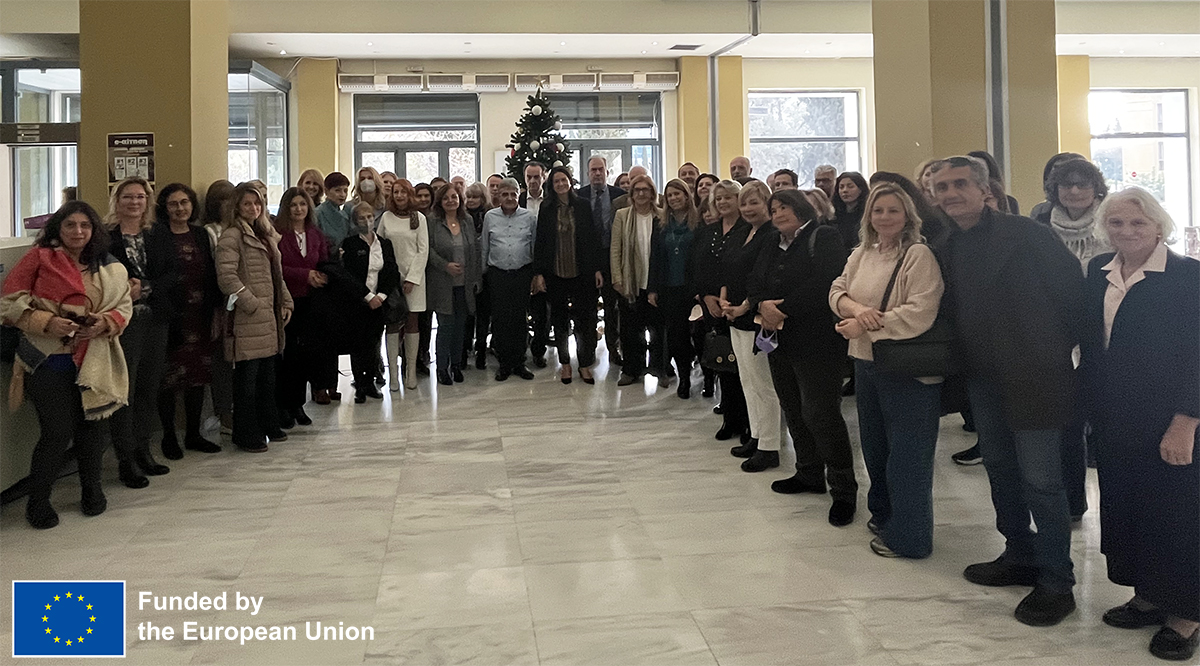A series of working group meetings have taken place as part of the project Implementation of the European Child Guarantee – Promoting Inclusive Education in Greece, Phase 2, funded by the Technical Support Instrument (TSI) of the European Union. The new project is the second phase of work to support the Greek Ministry of Education and Religious Affairs as well as the wider education community in promoting inclusive education in Greece. The Agency is working in co-operation with the European Commission’s Directorate-General for Structural Reform Support (DG REFORM) as a technical provider in the project.
Five regional working group meetings were organised in Athens, Thessaloniki, Heraklion, Mytilini and Patras in March and April 2023. Around 100 local stakeholders (including teachers, school leaders, support professionals and parents) came together to discuss the topic of inclusive transitions.
Transitions are critical times in learners’ schooling, for the learners themselves and for their families, especially for those facing particular challenges. Transition refers to movements between educational systems, levels or types of school, but also to movements which occur within schools every day, such as between classes and activities. It also includes moving from school into further education and training or work, and from face-to-face teaching and learning to virtual or hybrid systems.
Inclusive transitions are an essential part of an inclusive school system. Support for transitions must be in place to ensure that learners can integrate into new schools as quickly as possible. Effective transitions require long-term planning and adequate resourcing. Policies for transitions should be co-developed across and between schools and with other stakeholders. These policies should be flexible to enable an individualised approach for learners, and support should be available to learners and families for as long as it is needed. Transitions within school and within classes, from one activity to another, should be supported by whole-school strategies and practices, developed with individual learners and their families.
The working group participants discussed the current transition practices and policies in their schools, and how they could be changed or improved to become more inclusive. They also participated in a role-playing activity and discussed a relevant case study, before developing an action plan that included the key aspects of transition policy and practice. Participants were asked to share this knowledge and information with their colleagues in their own professional setting or school and undertake school-based work on inclusive transition practices. Participants will provide feedback on their school-based work in the next round of working group meetings. The analysis of the working groups’ discussions will contribute to the development of recommendations to promote inclusive education in Greece.


